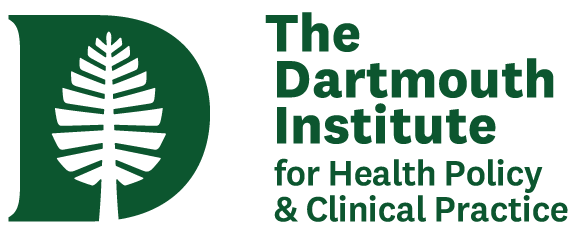Applications open this spring.
Course dates: September 2024 - June 2025
------------------------------------------------------------------
Course Overview
Modern medicine is in crisis – from concerns about unequal access and healthcare disparities to workforce shortages and demoralized clinicians to variable quality and cost of care. Being a leader in this context requires knowledge and skills that are not a part of traditional biomedical training.
The Patient-Centered Care Certificate leverages interdisciplinary, humanistic approaches to address urgent challenges within contemporary healthcare.
This course begins from the premise that re-centering humanity is necessary for addressing the endemic challenges in medicine. Placing patients at the center of care foregrounds their needs and preferences. Developing a reliable approach to attend to patients’ lived experiences will strengthen the connection between healthcare providers, their patients, and the mission of service in their work.
Healthcare leaders need a different knowledge base and a set of methods deeply grounded in critical thinking, narrative, and community engagement. The course is designed to deepen understanding of historical developments that have led to the current context in which we practice. We will examine foundational public health models and innovative approaches from current medical literature. The curriculum will conclude by linking future possibilities in re-centering patient care with actionable next steps that can be brought to home departments.
Topics will include:
- high rates of burnout, depression, and substance use among medical professionals
- the persistence of health disparities endured by communities of color, rural, and low-income populations
- growing mistrust in science, public health, and medicine
Participants will be a part of a global network of healthcare professionals who are committed to re-imagining sustainable practices as they continue this difficult work of service. The course content will be guided by experts in medicine, public health, health policy, medical anthropology, and the humanities.
Course 1 The Culture of Biomedicine: How did we get here?
September 18 -- October 23, 2024
Learning Objectives:
- Participants will be introduced to the processes and experiences involved in the socialization of physicians.
- Participants will examine biomedicine as a cultural system and identify key characteristics of biomedical culture.
- By the end of Course 1, participants will apply this conceptual framework to critically examine unintended harms within biomedical culture for patients and healthcare professionals.
Course 2 The Patient Experience: Exploring Illness vs Disease
October 30 -- December 4, 2024
Learning Objectives:
- Participants will examine how experiences of illness provide a window into shared humanity by foregrounding vulnerability and care.
- Participants will be introduced to the distinction between illness and disease as applied to a range of serious and chronic illnesses and life course experiences.
- By the end of Course 2, participants will identify shifts in personal and social experiences that occur in the context of illness and examine approaches to re-center patient experiences in healthcare.
Course 3 Variation in Healthcare: The Dartmouth Atlas
December 11 – 18, 2023 and January 8 – 29, 2025
Learning Objectives:
- Define the potential for societal savings in healthcare expenditures implied by geographic variation research.
- Distinguish three types of healthcare: effective, supply-sensitive, and preference-sensitive
- Integrate knowledge of unwarranted variation to recommend strategies to reduce healthcare costs.
Course 4 Co-Producing Healthcare: Shared Decision-Making
February 5 -- March 12, 2025
Learning Objectives:
- Define shared decision-making and contrast it to motivational interviewing, informed consent, patient education
- Identify opportunities to systematically use shared decision-making tools and techniques in your clinical setting
- Identify barriers to using shared decision-making techniques in your practice and propose potential solutions
Course 5 Anatomy of Compassion: Psychology and Philosophy of Patient Care
March 19 -- April 23, 2025
Learning Objectives:
- Apply the bio-psycho-social model of health to contemporary clinical care
- Differentiate between theoretical models in ego psychology
- Recognize the utility of post-enlightenment philosophical constructs and psychoanalytic models to direct patient care
Course 6 Realistic Future Directions: Global Health, Technology, and Healthcare Delivery Science
April 30 – June 4, 2025
Learning Objectives:
- Participants will build on earlier discussions of threats to compassionate care (Courses 1, 2) to identify meaningful and effective responses to such threats based in theory and scientific evidence.
- Participants will critically examine specific examples of approaches in global health and healthcare delivery science aimed at patient advocacy and support of healthcare providers.
- By the end of Course 6, participants will identify their own roles in building a future of compassionate care through real-world opportunities to center patient experience.

